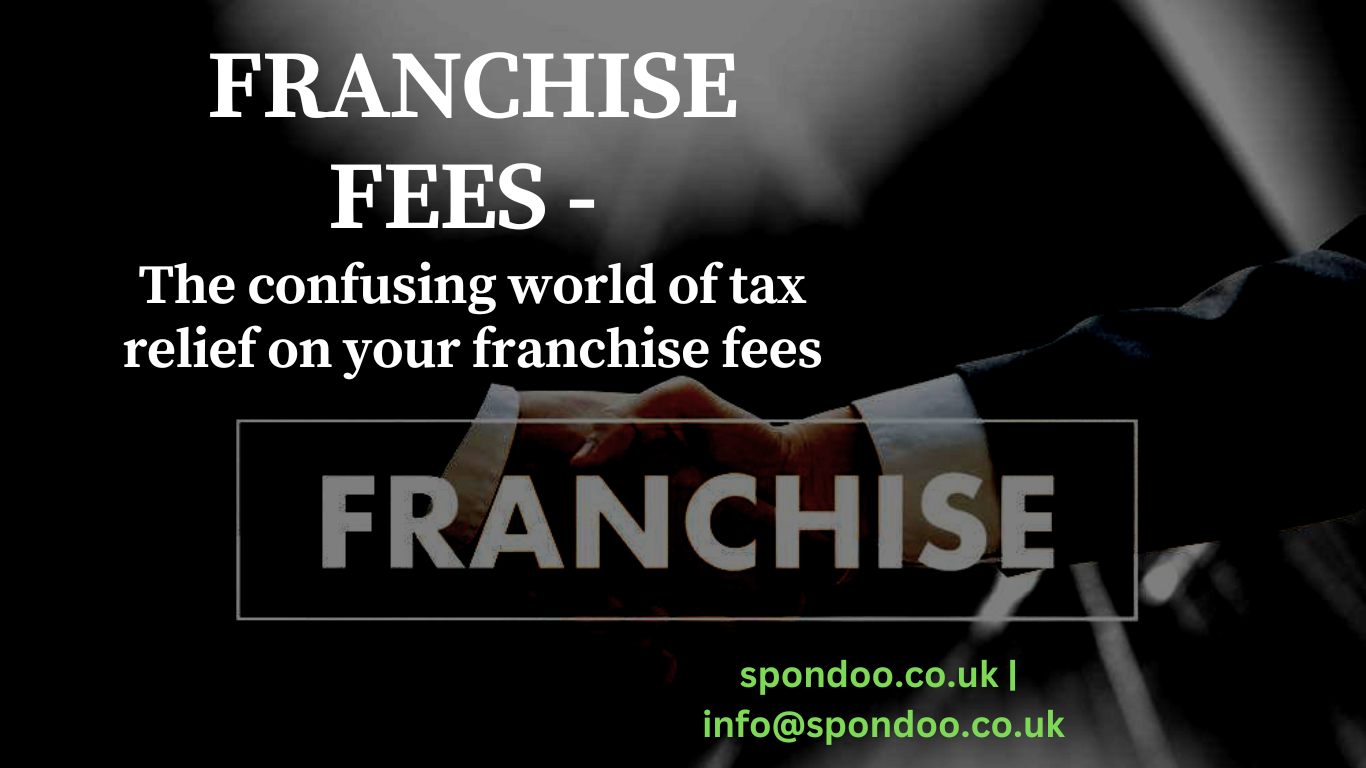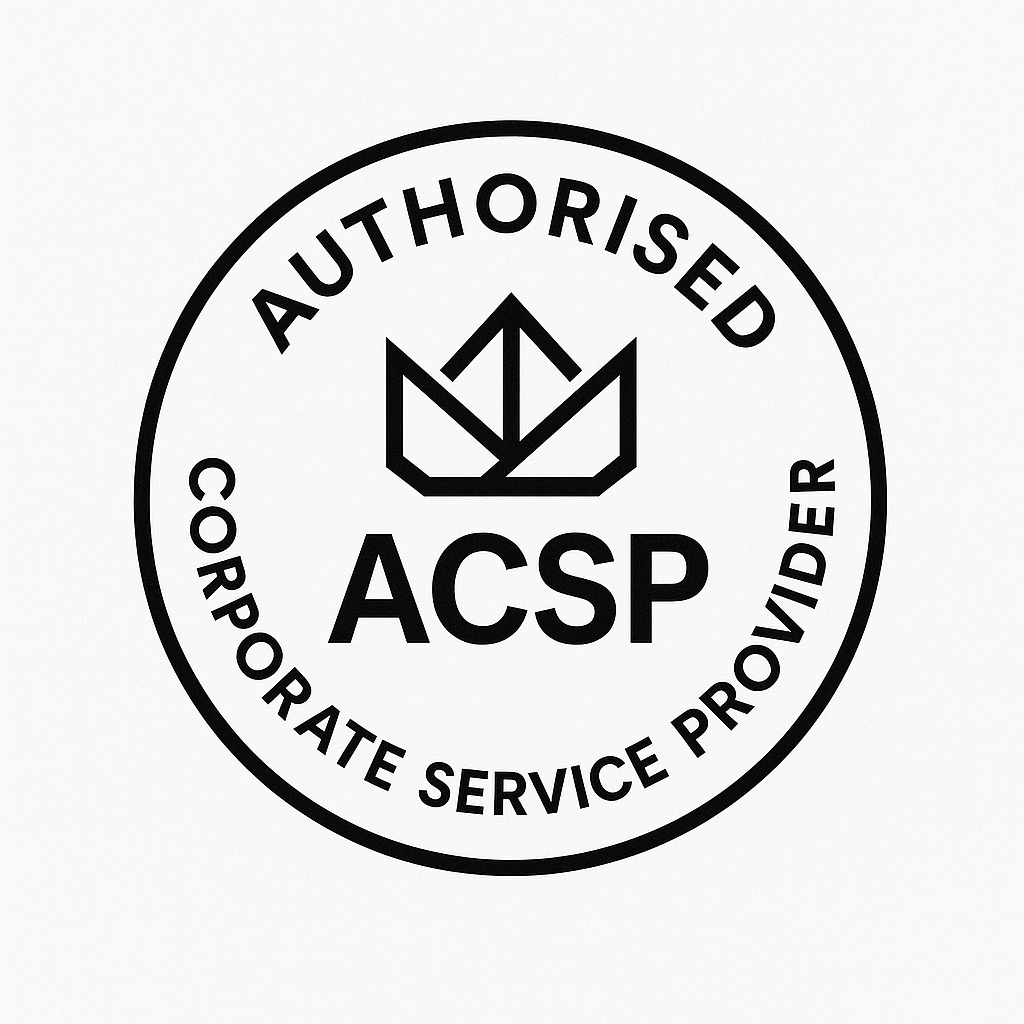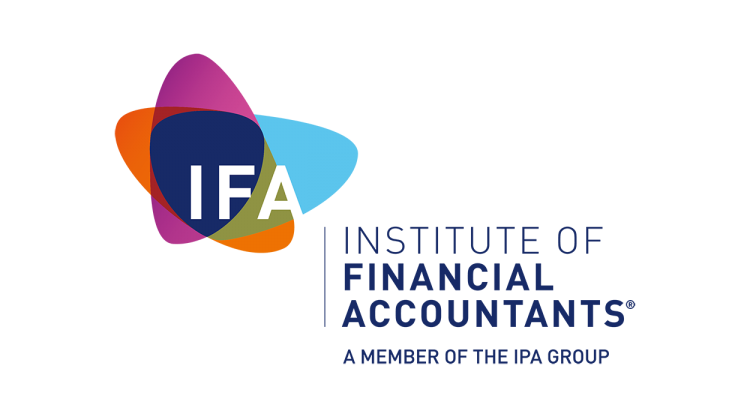When you buy a franchise most reasonable people would assume all your franchise fees are an obvious business expense and fully deductible. Well, HMRC's view is not quite so simple, and it requires the franchisee to treat the different elements separately.
Typically franchise fees are paid as an initial lump sum, followed by a monthly or annual payment.
How to assess on your Franchise Fees for HMRC?
Step 1 - Split out your Initial Cost
If you receive a franchise fee before you begin trading, you first need to separate this payment into the following components:
- Goods, plant & equipment - this portion relates to items like food for a McDonalds franchise, or dumbbells for an F45 gym
- Revenue Expenses - this is for ongoing business expenses provided by the franchisor, such as stationary
- Provision of Services - specific services provided by the franchisor to the franchisee - for example clear and specific advertising services like a Google Ads campaign, beyond merely giving the franchisee access to a customer list or sales techniques
- Intangible Asset (Goodwill) - this could be the right to use trademark / company logos & branding / customer lists & sales techniques / license to trade. As an example, a legal franchise - this could be the authority to trade under the franchisor's professional indemnity insurance, getting listed on a legal franchise's directory of lawyers, or getting access to the SRA or equivalent regulatory permissions of the franchise itself.
Step 2 - Split out your Ongoing Cost
Many believe that all ongoing costs paid by a franchisee to a franchisor are classified as a revenue expense and fully tax deductible. Whilst it is more likely these costs are considered to be revenue expenses; this is not always the case so you will need to apply the same logic for splitting the costs that we have details within Step 1.
How do the different aspects of the Franchise Fee obtain tax relief?
- Goods, plant & equipment - both limited companies and self-employed trader franchisees can claim these costs under normal capital allowance rules. The cost is recognized as an asset in the company accounts
- Revenue Expenses - these business expenses will attract tax relief as a deduction from business profits in the period it is incurred
- Provision of Services - as above, these expenses will attract tax relief as a deduction in the period it is incurred
- Intangible Asset (Goodwill) - limited companies can claim tax relief over the useful life of the asset, in line with the accounting treatment where the company amortises the intangible asset. This means limited companies can obtain tax relief on the cost of the franchise fee but over a longer period of time. Unfortunately, unincorporated (self-employed) franchisees cannot claim tax relief on this portion of the franchise fee.
Warning: franchisees are responsible for making certain that their franchisor sends itemised invoices for all fees.
Contact us: https://www.spondoo.co.uk/contact/ if you need the assistance of expert accountants who have extensive experience in providing help to franchisees and franchisors.





